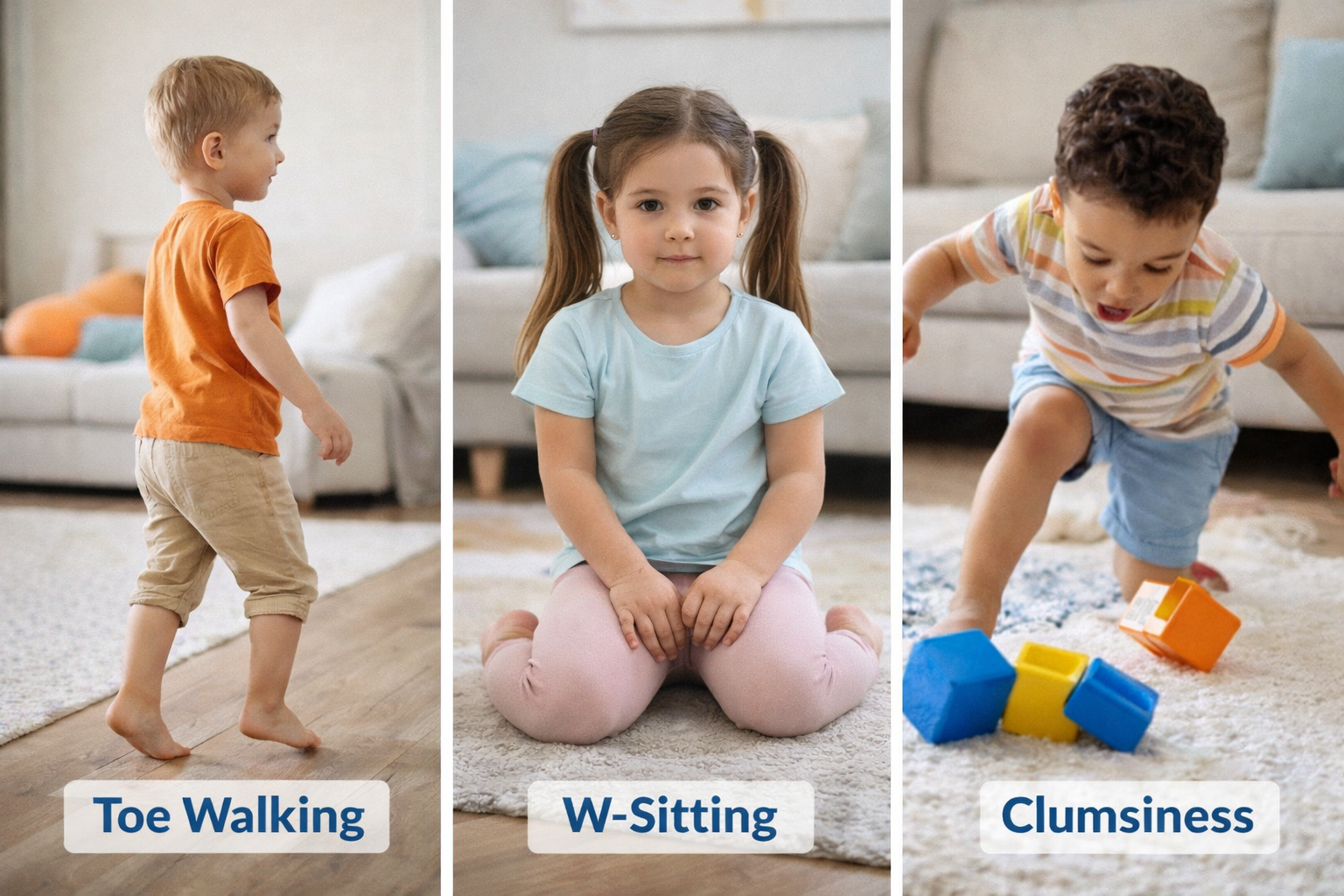Anxiety is a natural response to stress and can affect children just as much as adults. For some children, anxiety can be overwhelming, impacting their daily lives and overall well-being. As a parent, it can be challenging to know how to support your child through their anxious moments. At Pinnacle Chiropractic, we are dedicated to helping families find holistic ways to manage anxiety. This article provides practical tips and strategies to help children cope with anxiety, fostering a sense of calm and confidence.
Understanding Childhood Anxiety
Childhood anxiety can manifest in various ways, including excessive worry, fear, avoidance of certain situations, and physical symptoms like stomachaches or headaches. While occasional anxiety is normal, persistent or intense anxiety that interferes with a child's daily life may require additional support.
Signs of Anxiety in Children
Recognizing the signs of anxiety is the first step in helping your child. Common symptoms include:
- Frequent worries or fears about everyday activities
- Trouble sleeping or frequent nightmares
- Avoidance of social situations or new experiences
- Complaints of stomachaches, headaches, or other physical ailments without a clear cause
- Irritability or restlessness
- Difficulty concentrating or staying focused
Tips for Helping Children Manage Anxiety
- Encourage Open Communication:
- Create a safe and supportive environment where your child feels comfortable expressing their feelings. Encourage them to talk about their worries and fears without judgment.
- Teach Relaxation Techniques:
- Introduce your child to relaxation techniques such as deep breathing, progressive muscle relaxation, and guided imagery. Practicing these techniques regularly can help them manage anxiety when it arises.
- Establish a Routine:
- Consistent daily routines provide a sense of stability and predictability, which can help reduce anxiety. Ensure your child has a regular schedule for meals, homework, playtime, and bedtime.
- Promote Physical Activity:
- Regular physical activity can reduce anxiety and improve overall mood. Encourage your child to engage in activities they enjoy, such as playing outside, riding a bike, or participating in sports.
- Limit Screen Time:
- Excessive screen time can contribute to anxiety. Set limits on the amount of time your child spends on electronic devices and encourage screen-free activities that promote relaxation and creativity.
- Model Calm Behavior:
- Children often mimic their parents' behavior. Demonstrate healthy ways to cope with stress and anxiety by staying calm and using positive coping strategies yourself.
- Create a Relaxation Space:
- Designate a quiet, cozy corner in your home where your child can retreat when they feel anxious. Fill this space with calming items such as soft blankets, stuffed animals, books, and calming music.
- Encourage Positive Self-Talk:
- Teach your child to replace negative thoughts with positive affirmations. Help them develop a list of encouraging statements they can repeat to themselves when they feel anxious.
- Provide Reassurance:
- Reassure your child that it is okay to feel anxious and that you are there to support them. Validate their feelings and remind them that they can handle their worries.
- Pediatric Chiropractic Care:
- Regular chiropractic care can support your child’s overall health and well-being by ensuring their nervous system functions optimally. At Pinnacle Chiropractic, we offer gentle, non-invasive care that can help manage anxiety and improve focus.
Activities to Help Children Cope with Anxiety
Engaging your child in activities that promote relaxation and mindfulness can help them manage anxiety. Here are some ideas:
- Mindfulness Exercises:
- Mindfulness involves paying attention to the present moment without judgment. Simple mindfulness exercises, such as focusing on their breath or noticing the sensations in their body, can help your child stay grounded.
- Creative Outlets:
- Encourage your child to express their feelings through creative activities such as drawing, painting, writing, or playing music. Creative expression can be a powerful way to process emotions.
- Nature Walks:
- Spending time in nature can have a calming effect on the mind and body. Take your child for a walk in the park, go hiking, or simply enjoy time in your backyard.
- Yoga:
- Yoga combines physical movement with mindfulness and can help reduce anxiety. Look for kid-friendly yoga videos or classes that your child can enjoy.
When to Seek Professional Help
While many children can manage anxiety with the right support, some may benefit from additional help. If your child's anxiety is severe, persistent, or interfering with their daily life, consider seeking guidance from a mental health professional. Therapists who specialize in working with children can provide tools and strategies to help your child cope with anxiety.
Conclusion
Helping children manage anxiety involves understanding their needs, providing support, and teaching them effective coping strategies. By encouraging open communication, promoting relaxation techniques, and creating a calm environment, you can help your child navigate their anxiety with confidence.
At Pinnacle Chiropractic, we are committed to supporting your family's health and well-being. Our holistic approach to care includes gentle chiropractic adjustments that can help manage anxiety and improve overall health. If you have any concerns about your child's anxiety or would like to learn more about how chiropractic care can benefit your family, please contact us today.


.png)





.jpg)

